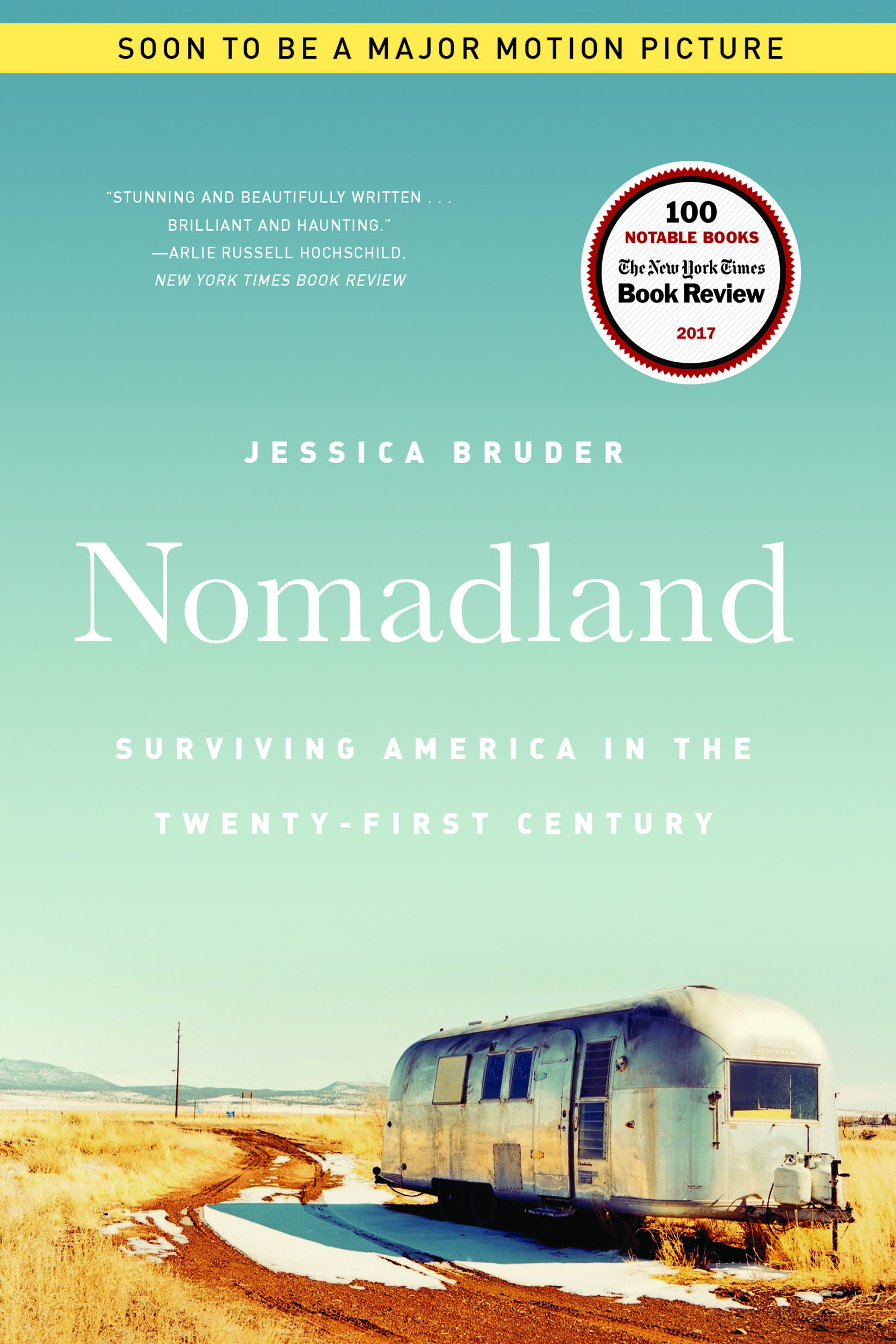Nomadland Book Summary
Surviving America in the Twenty-First Century
TL;DR
Nomadland reveals the lives of older Americans who have turned to nomadic living in RVs and vans as a response to economic hardship, showcasing their resilience amidst societal neglect.
What is Nomadland about
Nomadland: Surviving America in the Twenty-First Century, authored by Jessica Bruder, explores the lives of transient older adults who have become part of a growing community of nomads in America. Set against the backdrop of the Great Recession, this nonfiction narrative chronicles their journeys across the country, from North Dakota's beet fields to California's campgrounds and Amazon’s CamperForce program in Texas. Bruder combines personal stories with extensive research to illuminate the struggles and creativity of those who, forced out of traditional homes, seek survival and community on the road. The book not only highlights economic disparities but also celebrates the indomitable spirit of individuals who refuse to lose hope despite their challenges.
Nomadland 5 Key Takeaways
The Rise of Nomadic Living
Bruder details how economic necessity has led many older adults to abandon conventional homes for nomadic lifestyles, highlighting the impact of the Great Recession.
Community and Resilience
The narrative emphasizes the sense of community among nomads, showcasing how these individuals forge bonds and support each other on their journeys.
Hidden Labor Pool
The book reveals how employers exploit this transient workforce, often providing low-wage jobs that require mobility and flexibility, thus exposing labor market trends.
The American Dream Revisited
Bruder challenges the traditional notion of the American Dream by illustrating how many are unable to achieve stability, leading to a new interpretation of success.
Environmental and Social Commentary
Through her observations, Bruder offers insights into the social and environmental implications of a nomadic lifestyle, questioning sustainability in contemporary America.
Top Nomadland Quotes
- "We are the invisible casualties of the Great Recession, and we are here to tell our stories."
- "The road is a way of life, and it’s not just about survival; it’s about finding hope and connection."
- "In the face of uncertainty, we create our own definitions of home and family."
Who should read Nomadland?
Nomadland appeals to readers interested in social justice, economic issues, and the human condition. It provides insights into resilience and adaptability, which are relevant to anyone navigating the complexities of modern life, particularly those interested in the gig economy and the plight of marginalized communities.
Nomadland Best Reviews
- "A gripping and eye-opening read that sheds light on an often-overlooked segment of American society." - The New York Times
- "Bruder's blend of investigative journalism and poignant storytelling creates a powerful narrative that resonates with readers." - NPR
- "A profound exploration of survival, resilience, and the human spirit in the face of economic adversity." - Publisher's Weekly
People also liked these summaries
Nomadland FAQs
Is Nomadland a true story?
Partially. Nomadland is a nonfiction book that blends real stories of individuals with investigative reporting, offering an authentic glimpse into the lives of contemporary nomads.
What is the main theme of Nomadland?
The main theme revolves around economic hardship and resilience, exploring how older adults navigate life as nomads in search of work and community after the Great Recession.
What inspired Jessica Bruder to write Nomadland?
Bruder was inspired by her observations of the growing population of transient workers, coupled with her desire to shed light on their stories and economic realities.
